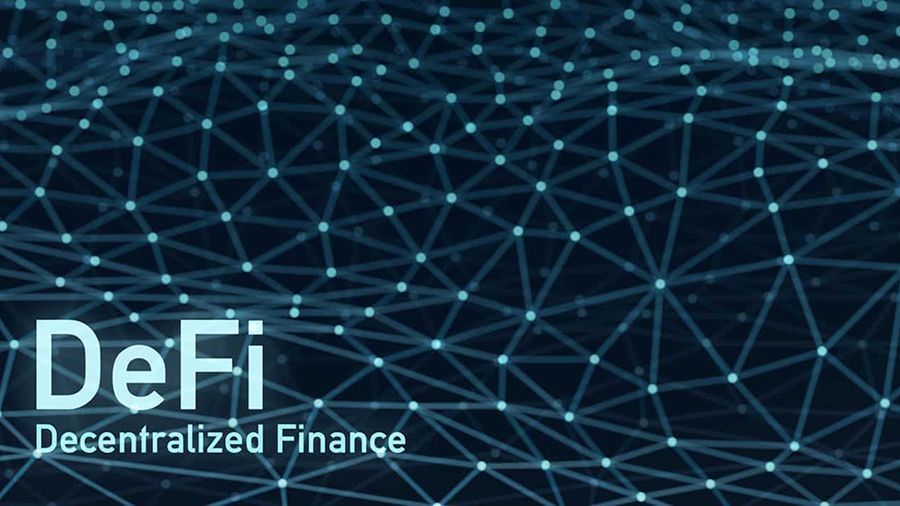According to a joint report by analyst firm DappRadar and Monday Capital, most DeFi projects are highly centralized due to the token distribution model.
The authors of the report stated, what's in MakerDAO projects, Curve, Compound and Uniswap tokens are distributed unevenly, which creates favorable conditions for large holders. At the same time, the Maker control system is the most "mature".
Community members can preview and discuss proposals in the MakerDAO forum, which are put to vote. The forum is open even for those, who is not a holder of MKR. Nonetheless, the voting process in Maker can be controlled by large token holders. These include 20 addresses, focused on 24% of the total volume of MKR. However, analysts concluded, what compared to other projects, distribution of tokens in Maker is carried out most fairly.
As for Compound, Venture investors turned out to be the main holders of COMP tokens, team members and some projects, in particular, Dharma и Gauntlet. Only at 2.3% addresses can be delegated. It means, that only this small part of the community can participate in project management, and if we exclude exchange addresses, this figure could be even lower. Similar problems arise in the Uniswap and Curve projects. In the case of Curve, one address controls 75% of all voices.
Analysts named three main factors, contributing to centralized management of DeFi projects. First of all, many users do not consider their tokens as a voting tool, and use them to participate in profitable farming. Network members receive voting tokens as a reward. At first sight, the idea seems to be good - control goes to those, who uses the product. But in this case, material motivation becomes stronger than the desire to manage.
Secondly, such systems operate on the principles of plutocracy, when wealth determines power. We are talking about the absence of minimum requirements for voting participants to ensure the required level of decentralization, and no one is able to compete with large token holders. It is quite difficult to identify participants in decentralized protocols, and plutocracy becomes the only method of government.
Thirdly, upfront investments also play an important role in centralizing management. Venture capital firms and other investors often hold large volumes of tokens, and for this reason, other users lose interest in voting. Analysts concluded, that it is the distribution mechanisms that encourage the centralization of management, therefore, the current result should not surprise anyone.
According to researchers MolochDao, when switching to Ethereum 2.0 DeFi Apps May Be At Risk Due to Decreased Liquidity, which can also lead to centralization.
![Bitcoin [News Pool]](https://dohodvseti24.ru/wp-content/uploads/2021/03/onlajn-novosti-o-bitkoine-logotip.png)
